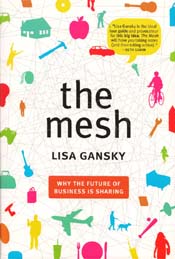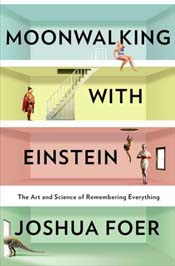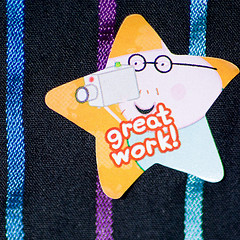I hate taking care of my car.
When I first moved to Madison a couple years ago, I didn’t have a car here with me. I walked to and from campus and took the bus to get groceries and do other errands. Once Boyfriend and I started dating, we started going on “grocery store dates” so I could use his car instead of the bus (What a sweetheart, right?). And you know what? Most of the time, I didn’t miss having a car at all.
Once I graduated and started having to commute to work, I bought a used car from my parents. While I like the independence having a car gives me, writing a check for $110 a month for parking, paying for gas and regular maintenance, and saving up for insurance and emergencies gets a little bit tedious. I don’t know anything about cars, so every weird noise or odd clanking puts me in a bit of a panic about whether there is a problem. It’s stressful.
I’ve often wondered if there was a middle ground — a way to have a car when I needed one, but not have to worry about the upkeep issues. Enter a new kind of business: a car sharing service. A company like ZipCar owns a fleet of vehicles that are parked throughout a city. Users sign up to be part of the service, pay a fee, and then reserve one of the cars whenever needed. It seems like a win-win.
Businesses like this one are part of a new business culture, The Mesh, which author Lisa Gansky explores in her book The Mesh: Why the Future of Business is Sharing. I can’t remember how I ended up with this book for review, but I pulled it off the shelf a couple weeks ago because I was feeling like reading something different.
Mesh businesses rely on a principle of sharing, that it makes sense to share items that are high-cost but that are used infrequently (cars, power tools, expensive jewelry, that sort of thing). The book profiles a number of businesses that are taking advantage of this phenomenon. According to Gansky,
All Mesh businesses rely on a basic premise: when information about goods is shared, the value of those goods increases, for the business, for individuals, and for the community.
I’d characterize The Mesh as “nonfiction light” — it’s not narrative nonfiction, but it’s definitely not dense. In fact, the book is more driven by examples and anecdotes than facts or statistics. That makes it more interesting, at least to me, as a book that sparks ideas about the business world and how it works. Overall, it’s pretty light on citations, which is both good and bad. Lack of citations makes it quick to read, but I found myself asking, “Really, how do you know that?” pretty often.


 Monday Tally is a weekly link round-up of some of my favorite posts discovered over the week. If you have suggestions for Monday Tally, please e-mail sophisticated [dot] dorkiness [at] gmail [dot] com. Enjoy!
Monday Tally is a weekly link round-up of some of my favorite posts discovered over the week. If you have suggestions for Monday Tally, please e-mail sophisticated [dot] dorkiness [at] gmail [dot] com. Enjoy!

 Now we put a premium on reading quickly and widely, and that breeds a kind of superficiality in our reading, and in what we seek to get out of books. You can’t read a page a minute, the rate at which you’re probably reading this book, and expect to remember what you’ve read for any considerable length of time. If something is going to be made memorable, it has to be dwelled upon, repeated.
Now we put a premium on reading quickly and widely, and that breeds a kind of superficiality in our reading, and in what we seek to get out of books. You can’t read a page a minute, the rate at which you’re probably reading this book, and expect to remember what you’ve read for any considerable length of time. If something is going to be made memorable, it has to be dwelled upon, repeated.